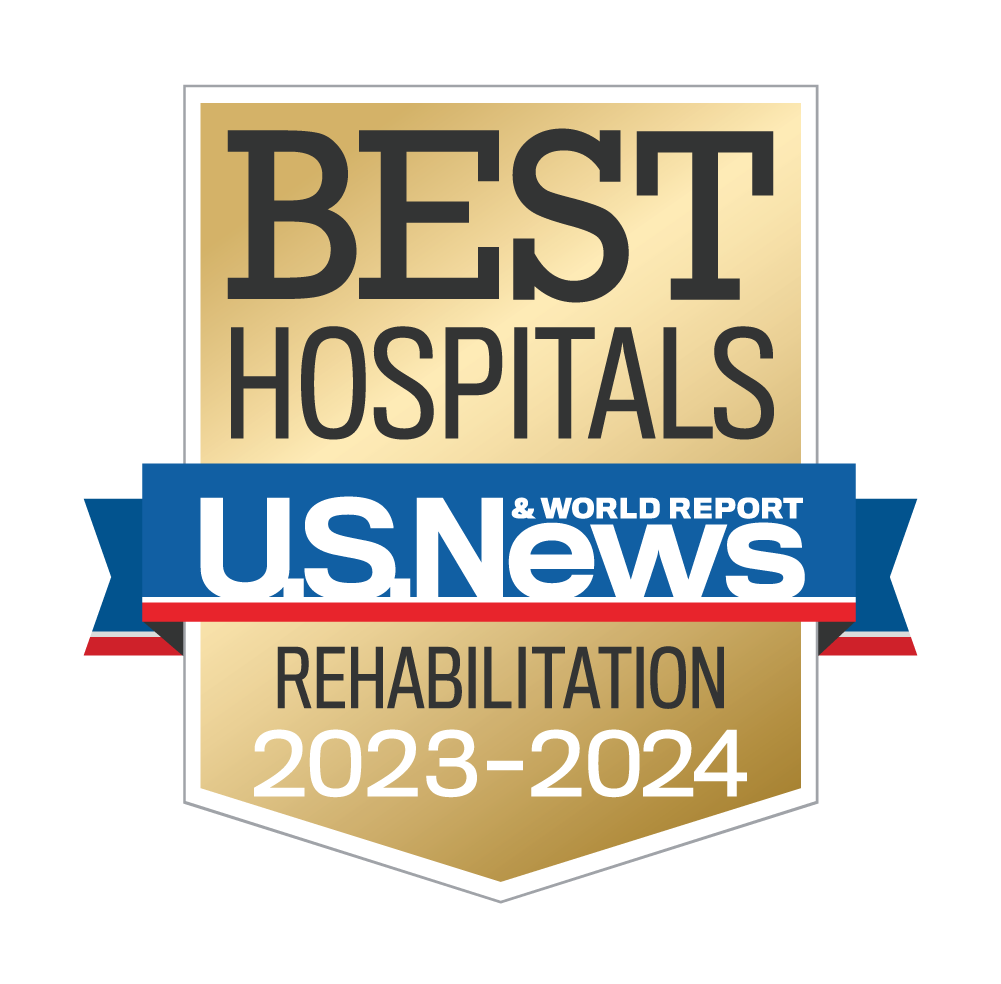Traditional neuropsychological testing requires the handling of objects, use of paper and pencil, pointing to pictures/words and answering questions. While we are commonly able to accommodate children with speech and language and/or hearing difficulties in our standard testing clinic, some children and young adults have unique testing needs due to severe motor and/or speech-language difficulties and we are happy to serve these patients in the Michigan Adapted Cognitive Assessment Clinic (MACAC).
This specialty clinic is the only known dedicated clinic of its kind and patients have traveled from out of state to receive assessments in the MACAC. The clinic largely serves patients who are unable to readily point or provide verbal responses though other patients participate in MACAC testing when appropriate. Patients undergoing assessment in the MACAC ideally are seen for a 1-hour intake appointment where the doctor will assess choice-making skills, use of assistive technology (such as switch devices and augmentative communication) and ability to participate in computer based testing. The intake appointment will allow us to arrange an appropriate evaluation in the MCAC and maximize the efficiency of our appointment. Individuals seen in the MACAC are commonly diagnosed with severe cerebral palsy and brain injury though any patient requiring this specialized testing will be considered for evaluation regardless of diagnosis.
For a brochure about the MACAC please click here. If you have additional questions about the MACAC please do not hesitate to contact our main clinic number.
Frequently Asked Questions
Why would a child/adolescent be seen in the ACAC clinic?
Standard cognitive testing materials typically require some combination of speech and the ability to use hands to point or manipulate objects. For individuals who are unable to either speak or point/manipulate, this clinic may provide a resource to measure thinking skills.
Many individuals who are seen in the clinic have been diagnosed with Cerebral Palsy (CP). Other conditions may include: severe or advanced neuromuscular conditions; significant brain injuries; and other developmental conditions that affect both speech and motor functioning.
How will this help my child?
Typically, the results of this assessment are used to provide the family and school with information about effective learning strategies. Results also provide a baseline for measuring learning success across multiple domains. Importantly, for many families an adapted assessment may provide the first estimate of ability for children who should not be assessed with commonly used tests.
What will happen at the appointment?
Each child will first be seen with a parent/guardian for an interview. A comprehensive history will be obtained, including school plans, treatment history, and any currently used adaptive technology. The parent/guardian will be asked to complete paperwork prior to the appointment, including gathering information from teachers and/or therapists. There are three main types of evaluation that may follow based on the interview:
• An assessment of choice-making skills and potential for benefit from the use of adaptive technology and augmentative communication devices;
• A behavior-based interactive assessment of learning style and potential for use of computer based assistive technology; and
• A computer-based evaluation using adaptive technology interfaces, with an attempt to incorporate standard neuropsychological tests as appropriate.
How long will it take?
• The interview typically requires 1 hour.
• The assessment typically lasts anywhere between 1-2 hours depending on a child’s endurance, experience with adaptive technology, and other individual factors.
• For families traveling a great distance, we will attempt to schedule the entire evaluation on a single day or over two back-to-back days. For individuals who live closer to our facility, it is recommended that the interview and testing sessions be two separate appointments to maximize endurance and test validity.
My child has had many difficult procedures. Will this hurt or be frightening?
Many children we see have complicated medical histories, and we take great care to ensure that your child is as comfortable as possible. There are no shots, blood-draws, x-rays, or physical examinations involved in this appointment. None of the procedures are painful or frightening. We do require children to participate, however. Thus, if your child has behavioral difficulties when with strangers, it will be important to share this information with the scheduler at the time you set your appointment. We welcome any information about your child that you feel would help us create the most comfortable environment possible. You are welcome to bring favorite snacks/toys for use during breaks. Many children enjoy their visit with our clinic. Often, the adapted methods used allow children to demonstrate their abilities to the fullest extent possible.
How can I prepare for the evaluation?
Please make sure your child is well fed, well rested, wears corrective lenses/hearing aids, and has taken his/her routine medications. If your child uses any augmentative communication devices (e.g. PEC system, DynaVox, Big Mac Switch, etc.), please bring them with you to your appointment. If your child only has access to these devices through the school, please request a temporary loan of any usual devices for the purposes of the evaluation, and inform the scheduler that you will be bringing these devices with you so that adequate set-up time is permitted.
How much will it cost?
This varies by insurance carrier and medical condition. As a courtesy, our staff will work with you to determine your coverage prior to your appointment. However, as you are ultimately responsible for any charges, we encourage you to also verify coverage directly with your carrier.
How do I arrange an appointment?
The ACAC clinic works on a referral basis only. If you believe your child is a good candidate for an ACAC evaluation, please have a referral faxed to 734.936.7048, specifically indicating that an ADAPTED ASSESSMENT is requested. Once a referral is received, we may follow up with the referring physician to ensure that the ACAC is the best resource for testing. Once this is confirmed, you will be contacted by our scheduling team to set up an appointment. If standard neuropsychological testing appears more appropriate, you will be contacted by our office to discuss this option.


